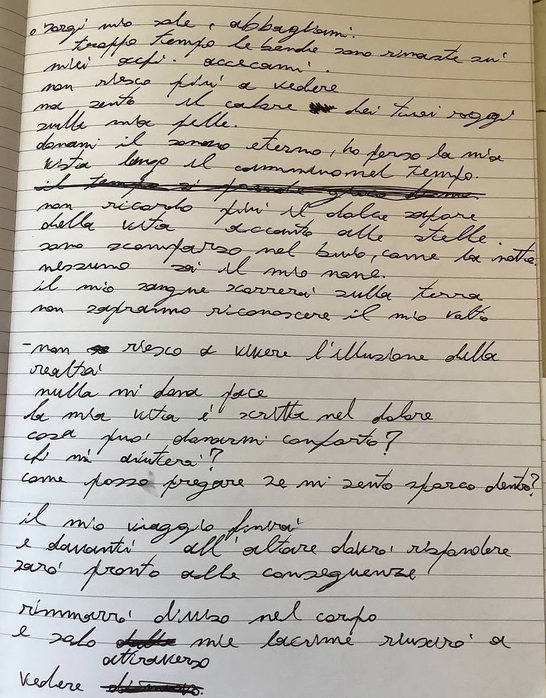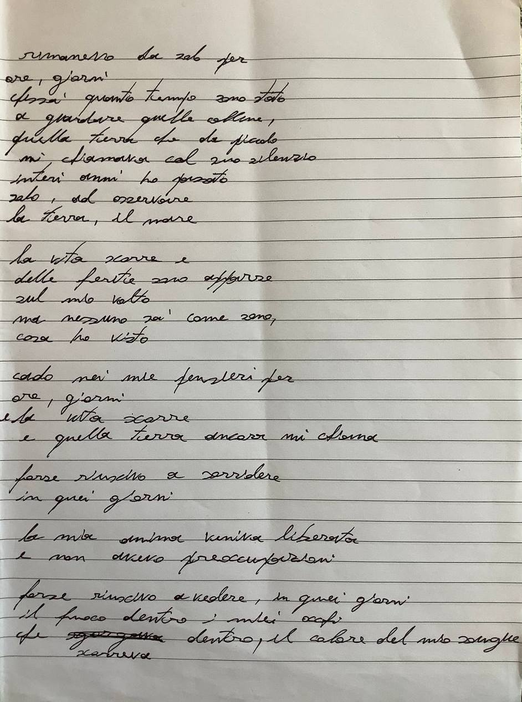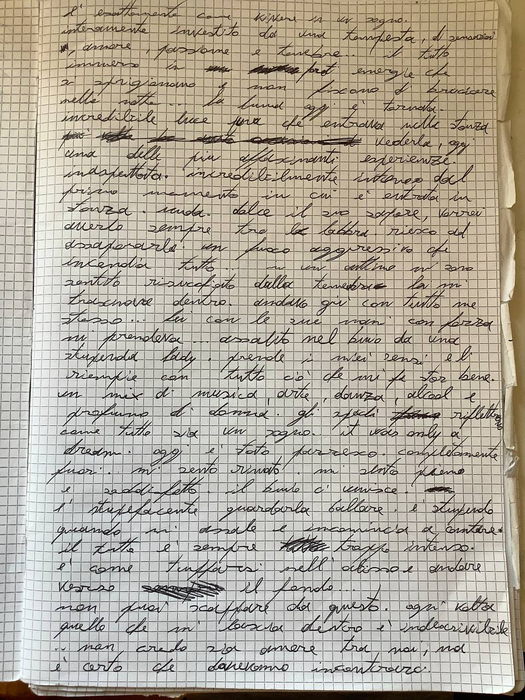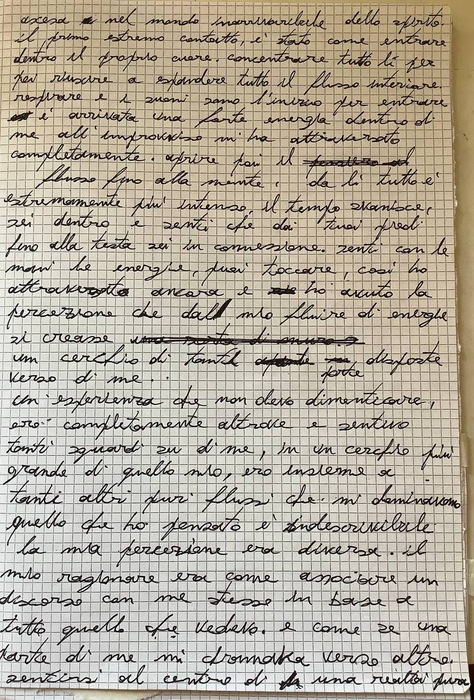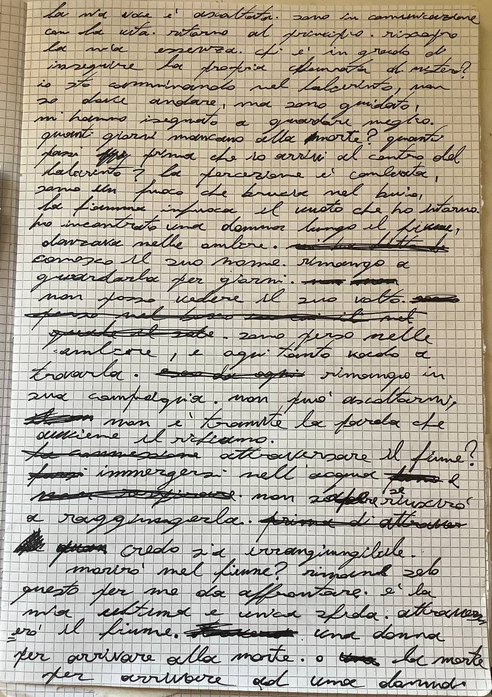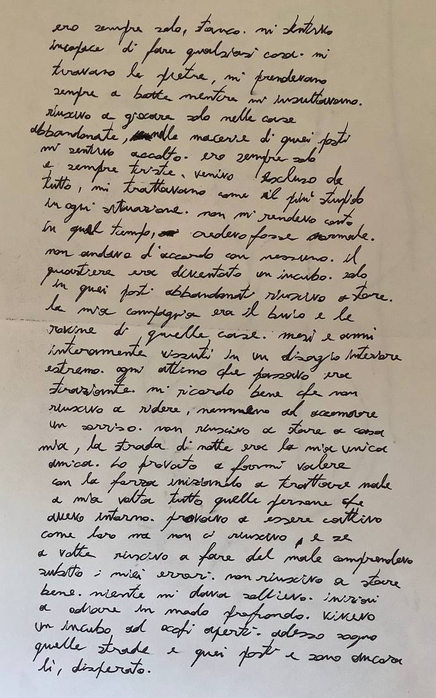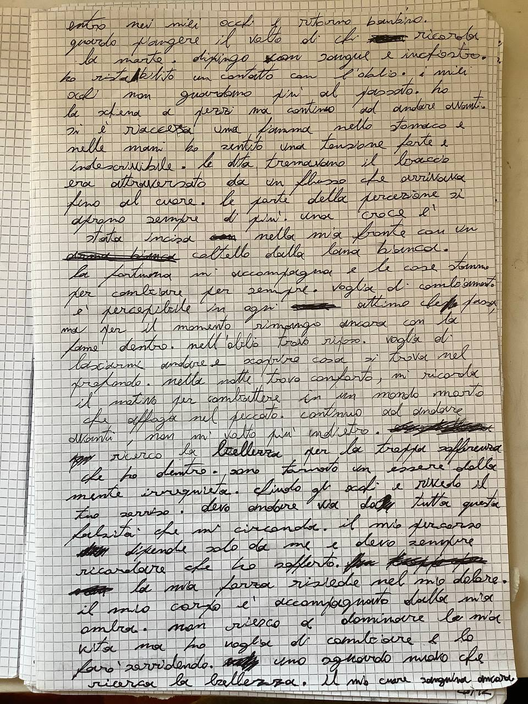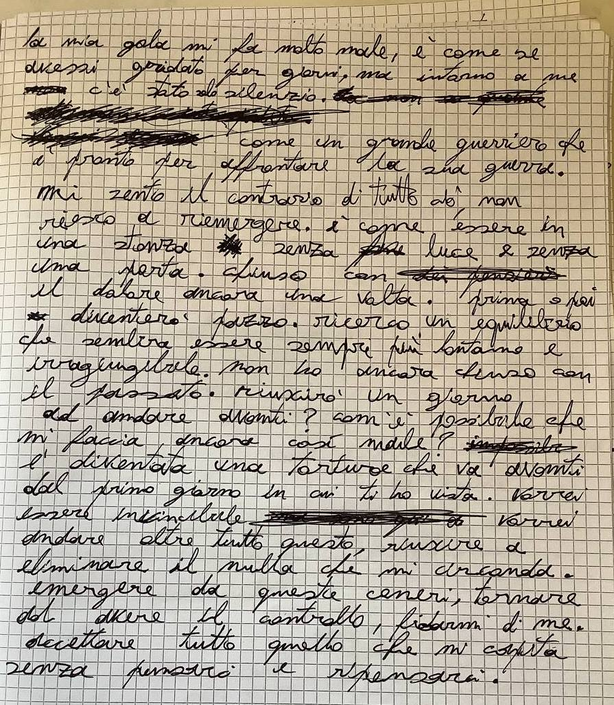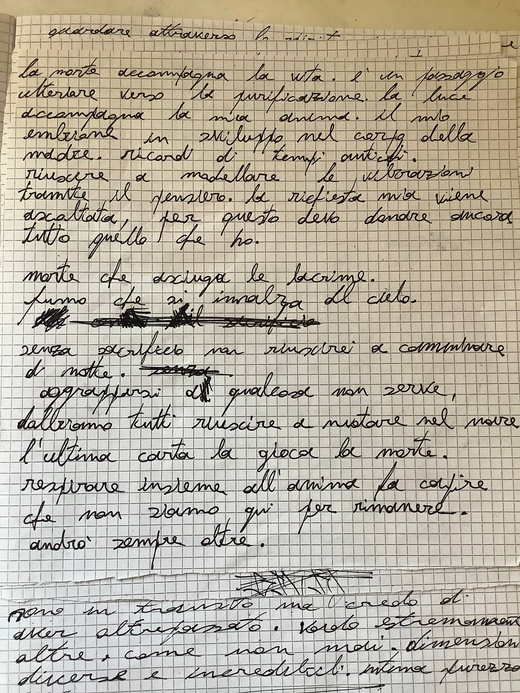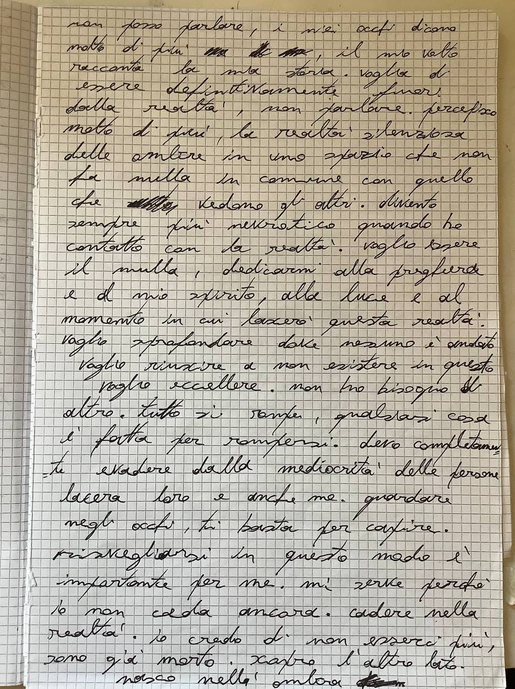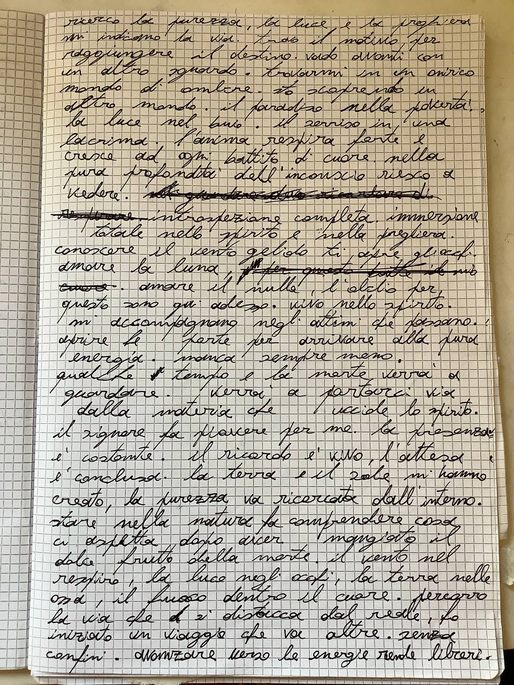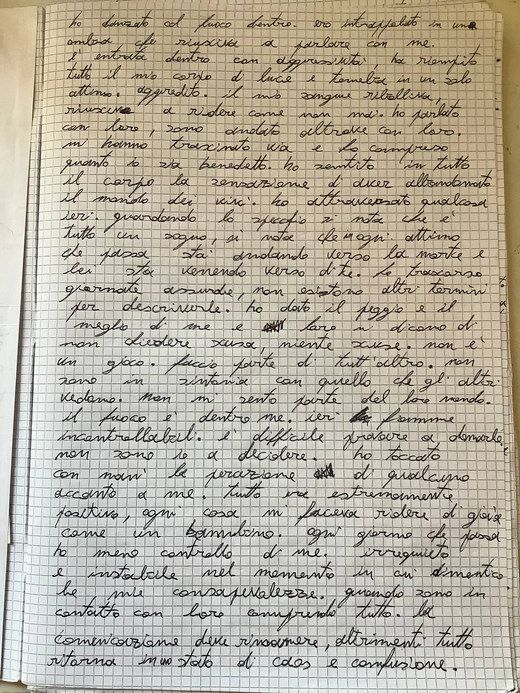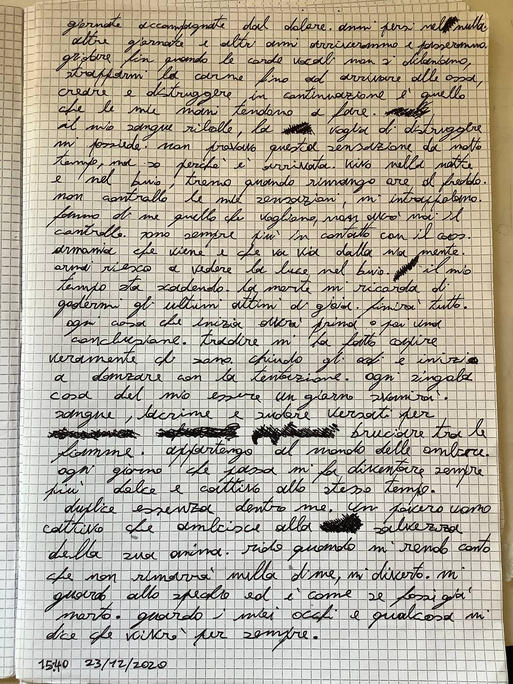Fragility: the hidden essence of the human
Frailty is not a fault, nor is it a weakness to be masked. It is an intrinsic condition of being human, a universal trait that unites us all, beyond all differences. Yet in a society that exalts strength, efficiency and success, showing signs of one's vulnerability is often experienced as a defeat. Those who feel fragile are driven to hide, to defend themselves, to build masks to adapt to a world that leaves no room for uncertainty.
In reality, it is precisely in what is perceived as limitation that a form of authenticity is hidden. Fragility is the gateway to empathy, understanding, and the depth of relationships. Accepting it means recognizing that living also involves feeling fear, pain, bewilderment. Denying this does not strengthen the individual, it impoverishes him: it makes him lonely, distant from others, unable to truly share his humanity.
All human beings are fragile. Life itself demonstrates this: birth, illness, loss, old age and death are inevitable experiences that reveal our constant exposure to change and uncertainty. No one is excluded. But in this exposure is also found the possibility of deeper contact with self and other.
To respond to the widespread malaise, often linked to social pressure, a sense of inadequacy or loneliness, we need a culture that does not hide fragility, but recognizes and welcomes it. A culture that teaches, from childhood, that it is human to be afraid, that one can make mistakes, that not everything can be solved by force or logic. Only in this way is it possible to grow up with greater awareness, learning that showing oneself to be vulnerable is not a sign of weakness, but an act of truth.
The language of healing should also change. It is not just about healing what is broken, but learning to stand by. To listen, to support, to acknowledge the suffering of others without judgment. Frailty, when shared, becomes a space where people can truly meet each other, beyond social masks and labels.
There is a beauty that comes precisely from fragility. Like thin glass that reflects light in a unique way, what is fragile is also what is most precious. It is unrepeatable, authentic, alive. Tenderness, kindness, uncertainty, expectation: these are all forms of fragility that give depth to life and allow us to grasp the essence of things.
Rediscovering the value of fragility also means rediscovering a deeper sense of being in the world. It is not a matter of resignation or giving up on improvement, but of accepting that limitation is part of our condition. It is only within this limit that a more just, more supportive, more authentic humanity can be born. A society that is not afraid to tremble is a society capable of acceptance and change.
In conclusion, recognizing frailty as an integral part of human existence represents a revolutionary and profoundly necessary act. In a time when appearance, performance and efficiency seem to have become the absolute criteria for defining a person's worth, rediscovering the dignity of fragility means overturning a reductive view of human beings. Fragile we are not only when we suffer or fall, but also when we love, when we dream, when we put ourselves on the line without defense. In each of these moments, our vulnerability becomes the sign of a possible fullness, of a shared humanity that is not afraid to show itself for what it is.
Embracing fragility does not imply celebrating pain or renouncing strength, but rather embracing a more complex and authentic vision of life, in which strength itself arises from an awareness of one's own limitation. It is only by acknowledging our shared exposure to transience that we can create truer relationships, more just institutions, more humane social contexts. A community that knows how to listen to frailty, without judging or repressing it, is a community capable of caring.
Only then can we cultivate a society where people are not afraid to ask for help, where failure is not a fault, where kindness has room, and where being sensitive is not a shame but a value. In this perspective, fragility ceases to be an obstacle and becomes a resource: a way to understand, to love, to transform. After all, it is precisely in our fragility that our unrepeatable humanity shines most powerfully.




